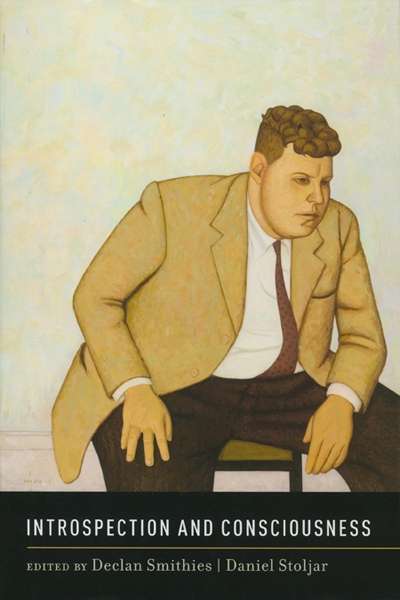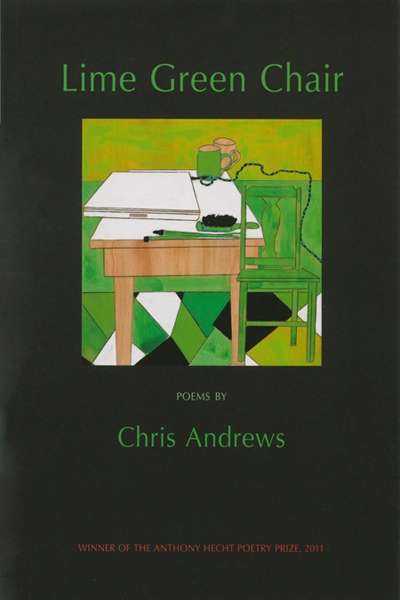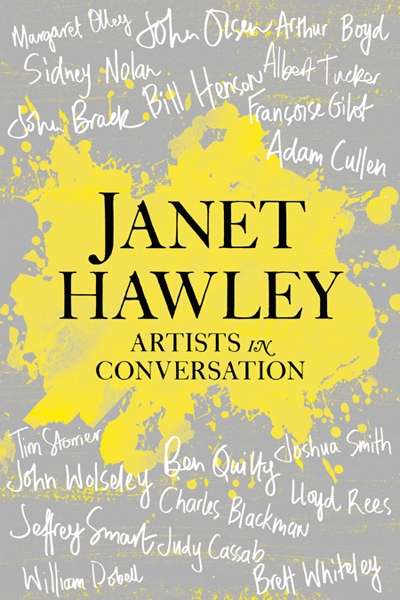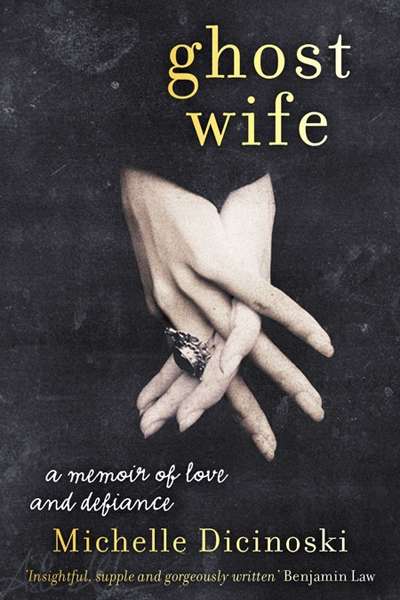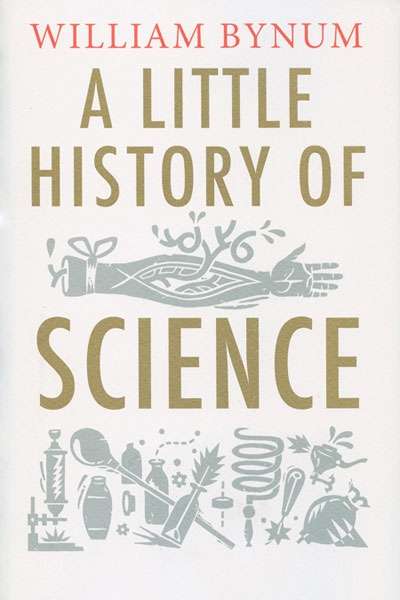Non Fiction
Introspection and Consciousness edited by Declan Smithies and Daniel Stoljar
I have beliefs about what you believe. I also have beliefs about what I myself believe. The big difference between the two cases is how I come by these beliefs. By and large, my beliefs about what you believe come from observations of your behaviour (understood in a wide sense, which includes the environment in which your behaviour is located). Here are two illustrations. You sell all your shares and buy gold. I infer that you believe that gold will outperform shares. You write an article saying that the Coalition will win the next election. I infer that you believe that the Coalition will win the next election. However, my beliefs about what I myself believe don’t usually come from observations by me of my own behaviour. My belief that gold will outperform shares may explain why I sell all my shares and buy gold, but it doesn’t reveal to me that I have this belief. Likewise, I don’t need to write an article saying that the Coalition will win the next election in order to discover that I have this belief. There is, to borrow some jargon, a first person–third person asymmetry in how we arrive at beliefs about beliefs.
... (read more)The lives of artists have formed a staple of art history from Vasari in the sixteenth century to Alex Danchev in the twenty-first. Current styles of art history may frown on biographies of artists. They smack too much of the hero artist and side-step the social construction of art. Yet the genre shows no sign of wilting. In our time we have such masterly works ...
Lime Green Chair, which is Chris Andrews’s second book, won in manuscript form the Anthony Hecht 2011 Poetry Prize. Andrews is also a prize-winning translator from the Spanish of Roberto Bolaño, César Aira, and others. Lime Green Chair translates and transforms everyday moments into auguries of time disappearing. Each of these mostly 21-line poems is finely patterned with unexpected rhyme and vowels that ring into a following line, as if directed by some hidden constraint: ‘Sounds that came into the world in my lifetime / already sound old-fangled: dial-up modems, / the implosion of a television tube / in a set dropped from a high window ...’ (‘Sonic Age’).
... (read more)Moscow, the Fourth Rome: Stalinism, Cosmopolitanism, and the Evolution of Soviet Culture, 1931–1941 by Katerina Clark
In Ernest Hemingway’s novel For Whom the Bell Tolls, the hero Robert Jordan, an American fighting on the Republican side in the Spanish Civil War, receives some advice from Karkov, a Russian ‘journalist’ at the unofficial Soviet headquarters in Madrid.
... (read more)A conversation is an interactive exchange usually of a spontaneous nature. Janet Hawley’s essays are a mix of journalistic intention, conversational ruminations, observations, enquiries, and a gentle goading of her subjects about the ‘twin crucibles’ of creativity – the personality of the artist and what occurs in his or her sanctum, the studio. Assuming the role of confessional nursemaid and curious witness, Hawley profiles more than thirty successful artists, grand old men and women of the art world, explorers of real and psychological terrains, and deceased enfants terribles. These ‘conversations’ make unexpectedly compelling reading.
... (read more)Michel Roux: The Collection by Michel Roux & A Lifetime of Cooking, Teaching and Writing from the French Kitchen by Diane Holuigue
Here are two welcome additions to a long list of cookery publications in Australia promoting Gallic cuisine. French or French-style cookery in this country has come a long way since Ted Moloney and Deke Coleman’s charming but slight Oh, for a French Wife! was published by Ure Smith in 1952. Both Michel Roux: The Collection and Diane Holuigue’s A Lifetime of Cooking, Teaching and Writing from the French Kitchen demand a level of culinary skill, dedication, time, equipment, and household budget unimaginable for most Australian home cooks sixty years ago. Michel Roux is a Michelin-starred French chef and long-time resident in the United Kingdom. Diane Holuigue is a well-known, Melbourne-based Australian cookery teacher and writer. Through their cooking and publications, both have been hugely influential: Roux internationally, Holuigue in Australia.
... (read more)Not that many Australian houses lend themselves to being the subject of a 240-page monograph. Whatever their architectural or historical merit, usually there is not enough material to warrant more than a chapter in a larger volume. Our government houses are different: not only do numerous documents and photographs survive in public records, but furnishings survive, and there is also the history of the occupants and visitors to enliven the story.
... (read more)It is a hot gusty day in the summer of 1958, the sort of day that melts the tar on the road and brings the red dust down from the north. In the inner-city Adelaide suburb of Norwood, Mario Feleppa, twenty-eight and not long arrived in Australia, is fed up. Not with the heat – he is used to heat back in Italy – but with horses. Specifically, the horses that ...
Ghost Wife: A Memoir of Love and Defiance by Michelle Dicinoski
Ghost Wife is a timely text, given the recent debates about same-sex marriage. Michelle Dicinoski writes about travelling to Canada in 2005 to marry her girlfriend, Heather.
... (read more)Did you know that the Great Wall of China cannot be seen from space; or that Arabic numbers (1, 2, 3) came from India; or that Descartes thought up letters (a, b, c, and x) for use in algebra; or that William Bateson coined the word ‘genetics’? Did you know that there are five million trillion trillion bacteria on earth – give or take a few?Every few pages William Bynum gives you a choice factoid that’s Quite Interesting – as long as you remember to write it down straight away before it fades. Reading this Little History right through is like sitting in a Chinese restaurant with one of those long menus and ordering a portion of everything listed. Quite soon discrimination fades and the march of history seems relentless.
... (read more)
